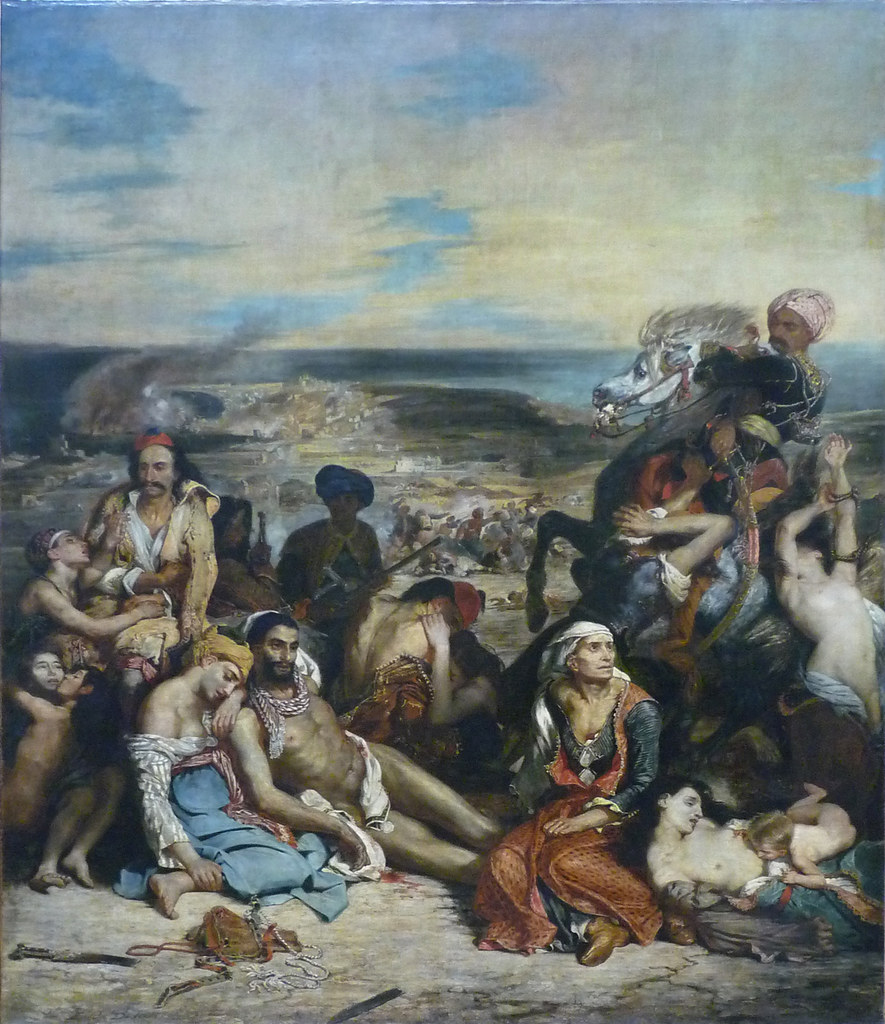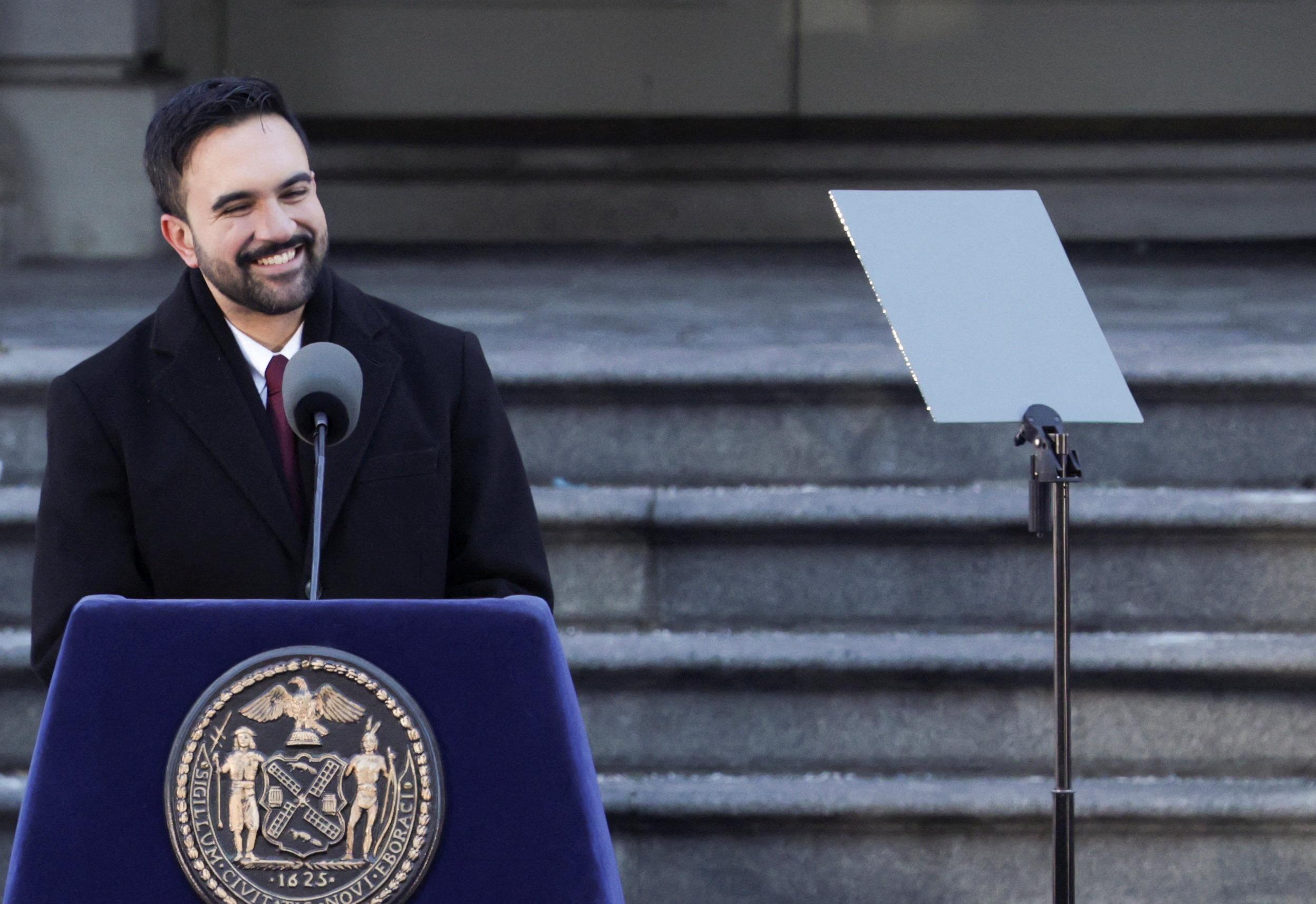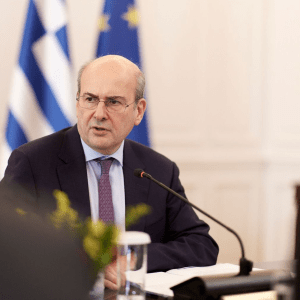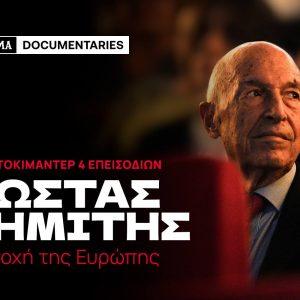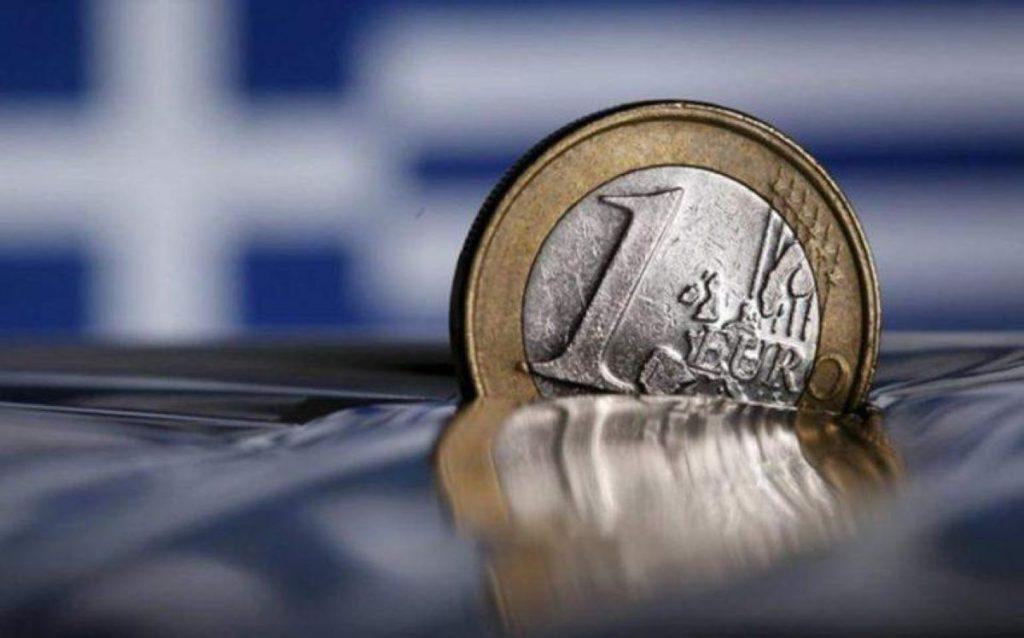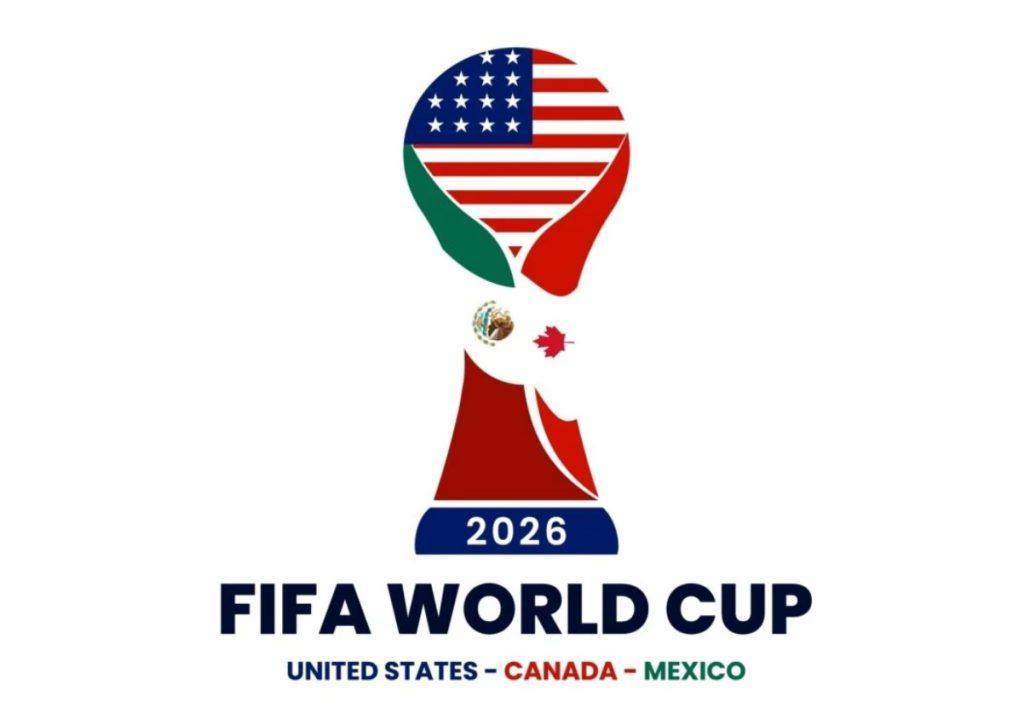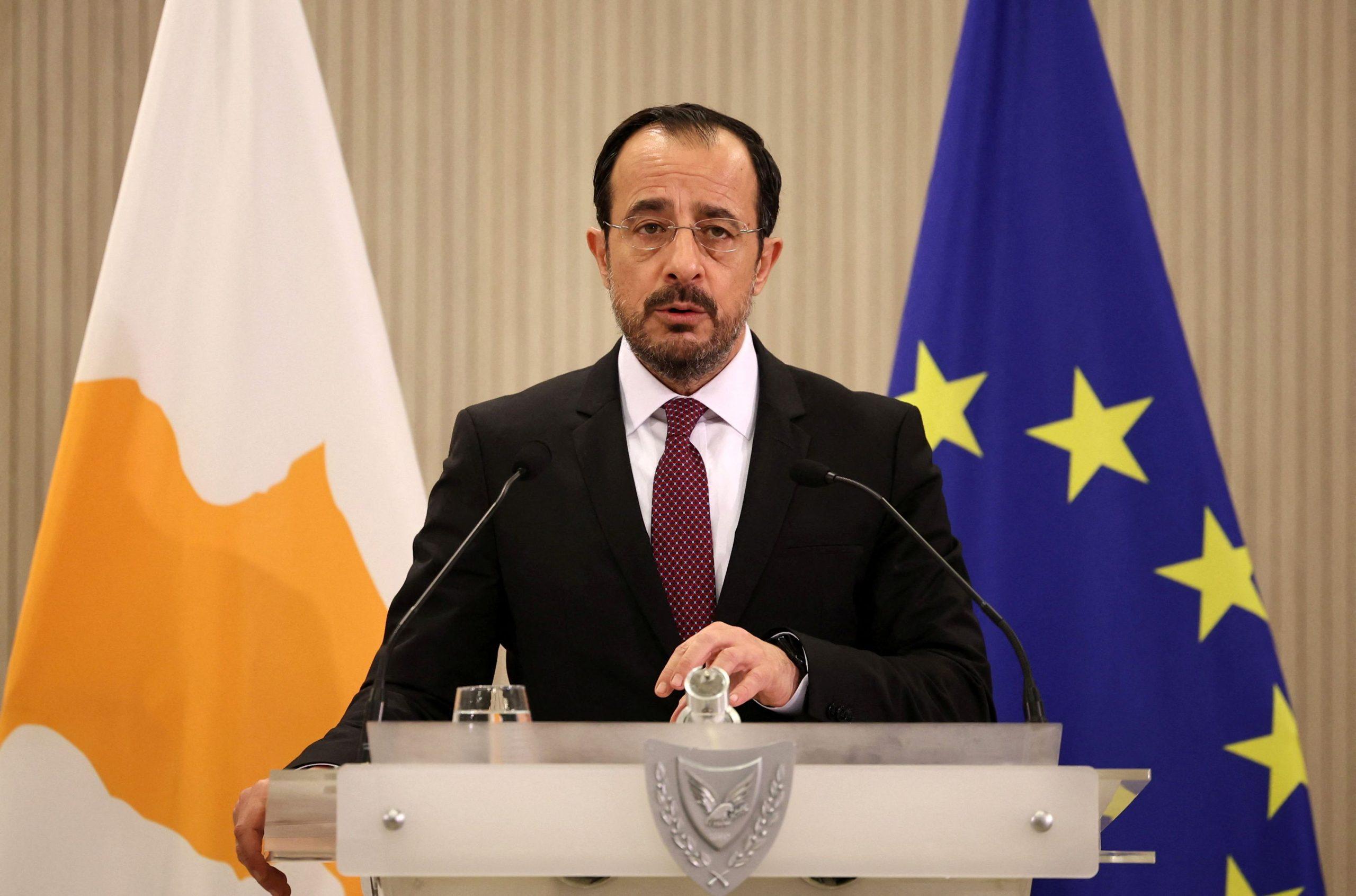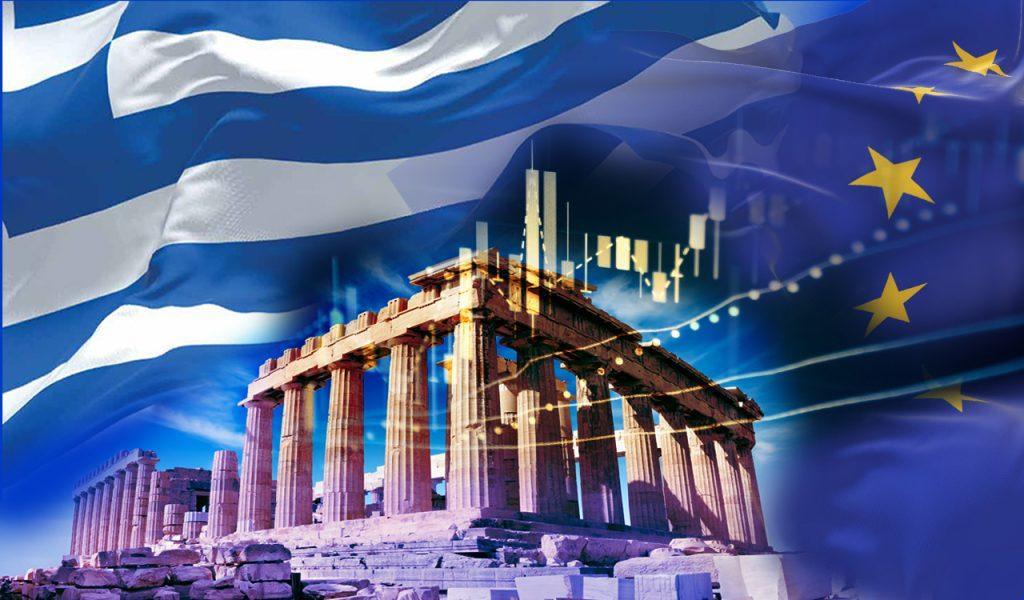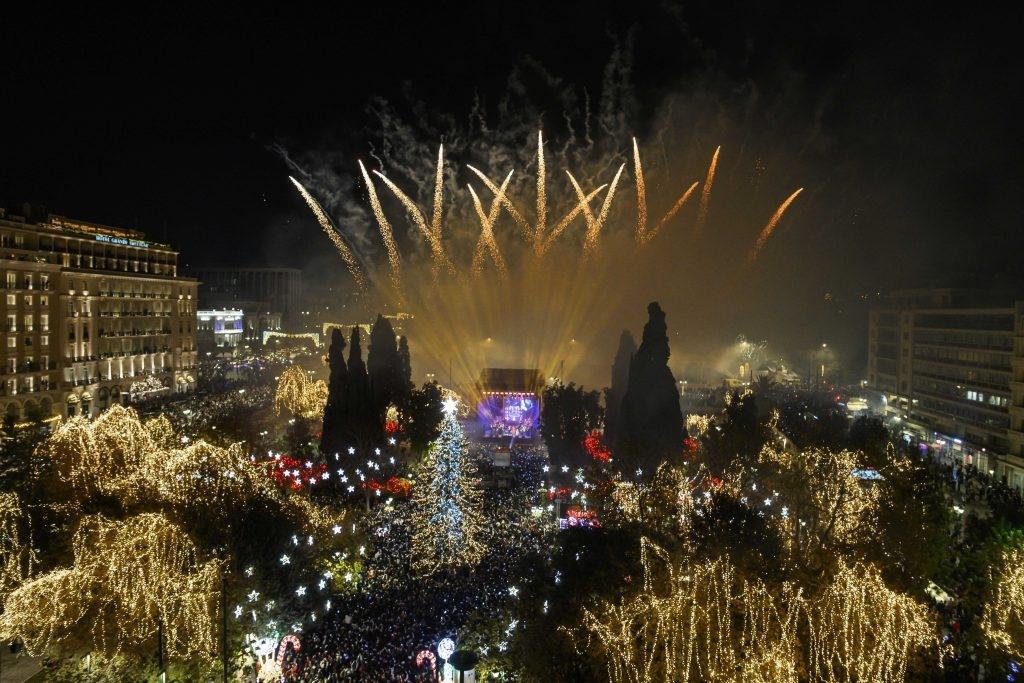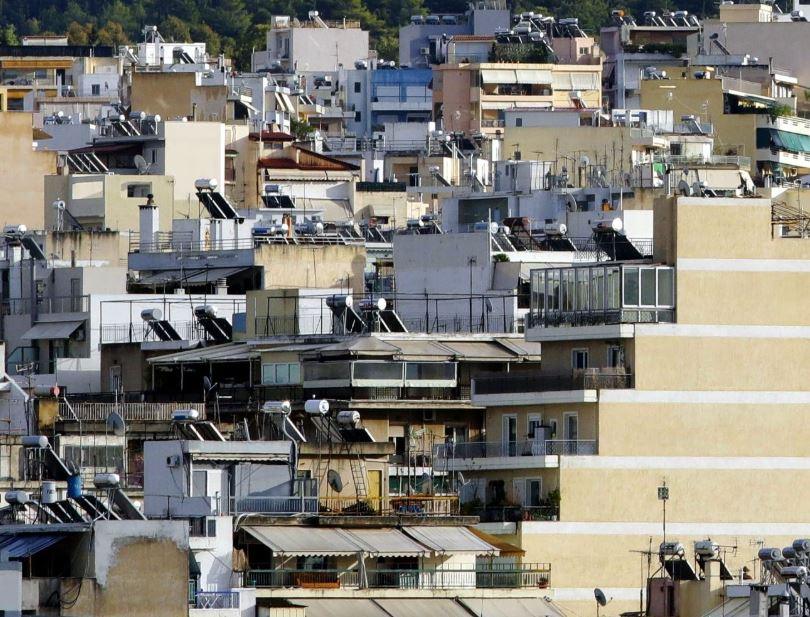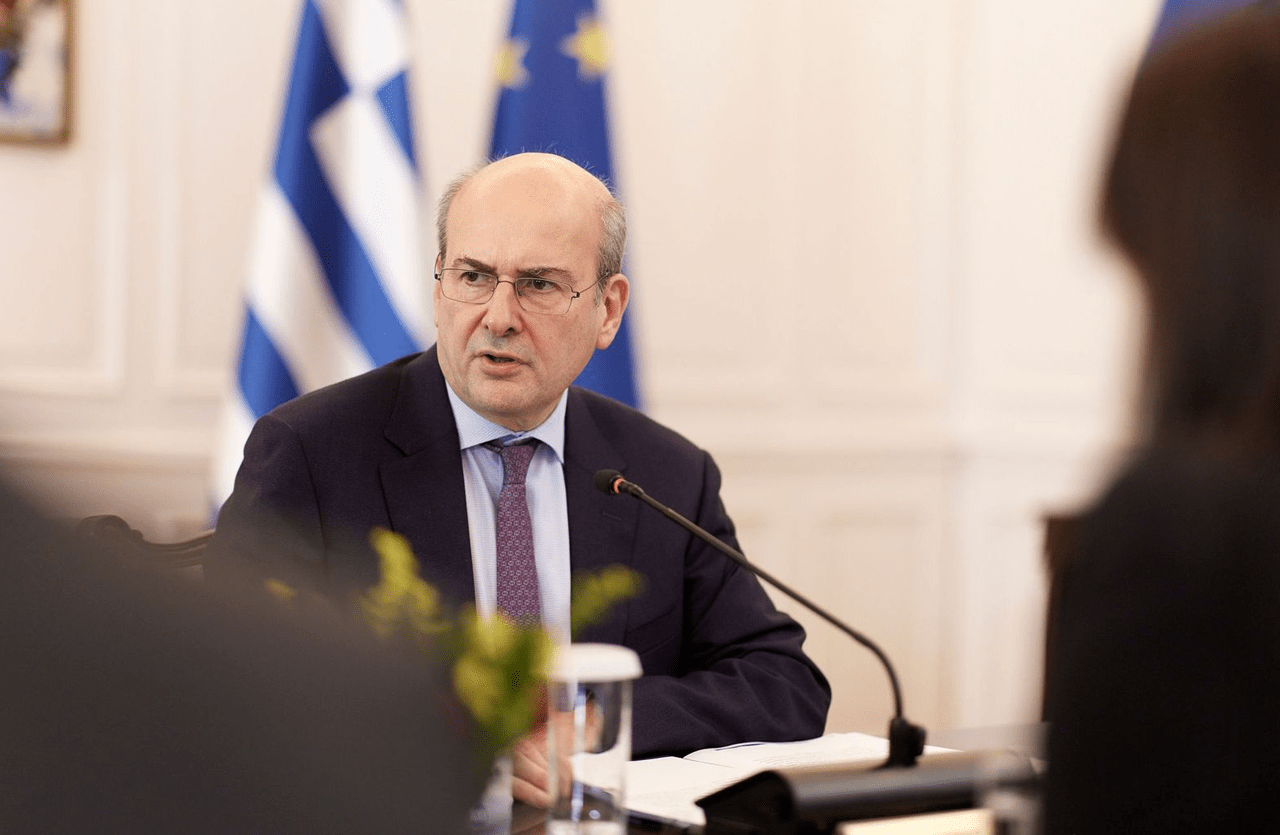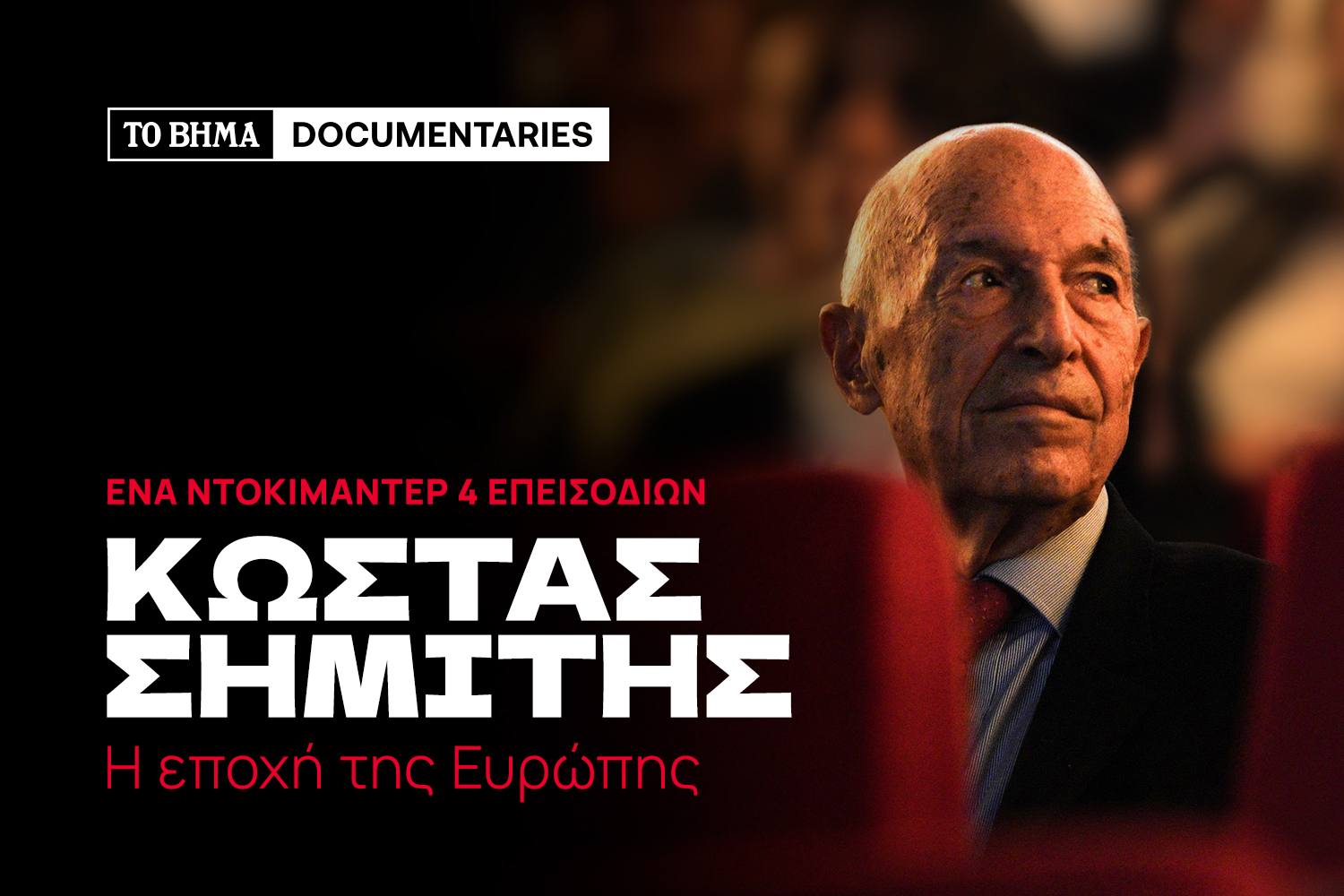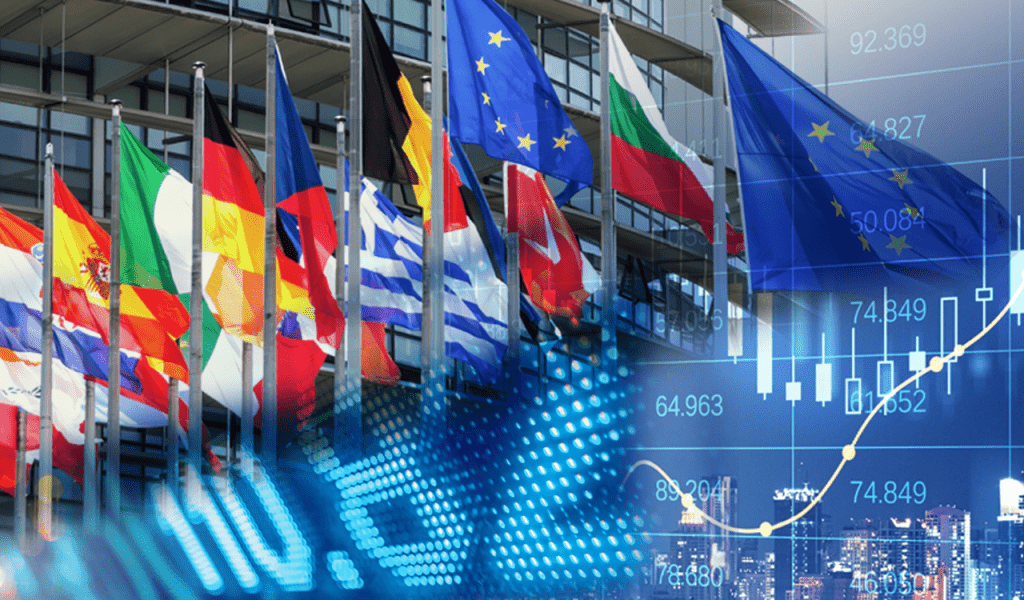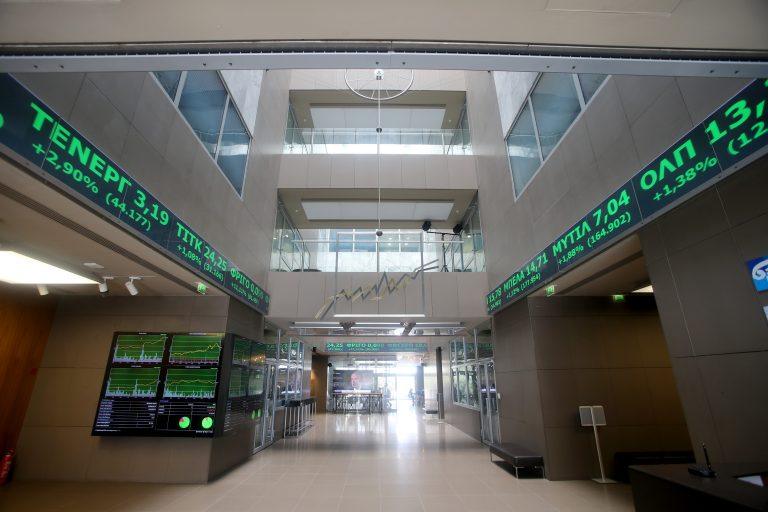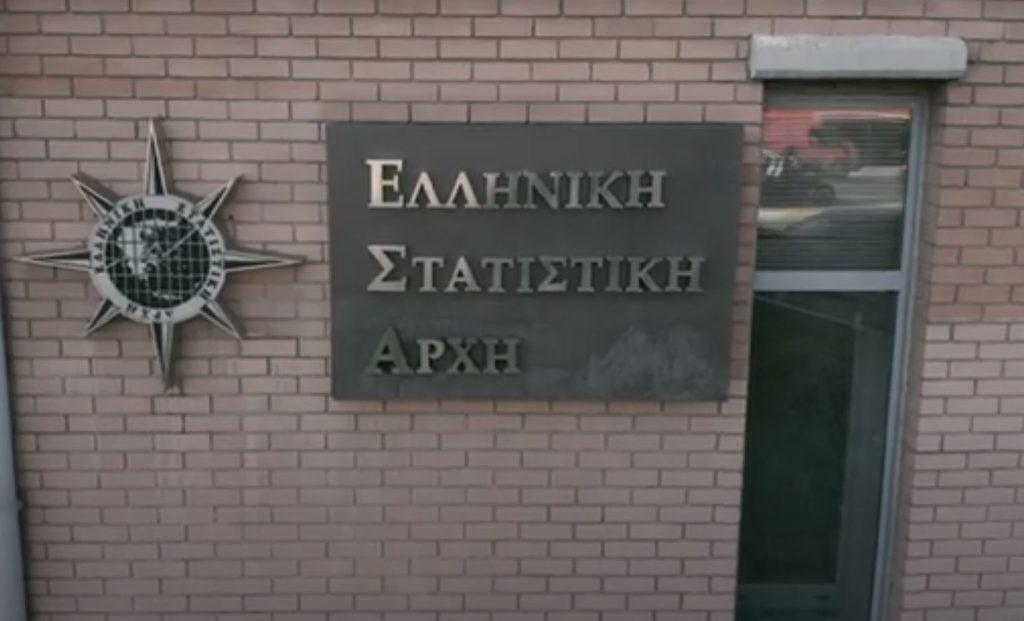The former President of the Republic and Honorary Professor of the Law School of the National and Kapodistrian University of Athens Mr. Prokopios Pavlopoulos spoke on “The Massacre of Chios: The blood that “watered” the Holy Soil of the National Uprising of 1821, its historical “imprint” for Turkey and its effects on Hellenism “, at the Conference of the Chios Bar Association for the 200th Anniversary of the National Uprising of 1821, on the topic:” Chios during the National Uprising of 1821 “.
In this speech, Mr. Pavlopoulos pointed out, among others, the following:
On March 30, 1822, the Ottoman atrocity, a typical example of barbarism that “haunts” – among many other atrocities, unfortunately – the hated past of Turkey, erupted with brutal ferocity on the the Martyr Island of Chios. The blood of the inhabitants of Chios – an “engorged” river which flows, uninterruptedly, on the “earth” of Greek History – “watered” the Holy Soil of the National Uprising of 1821, to lay the foundations of the Modern Greek State and, together, to return Freedom to its cradle of centuries. Usually – and most rightly – referring to the Chios Massacre, we dwell on the events of the Great Sacrifice. Sacrifice, which reminds the Nation of the Greeks on the one hand of one of the most important aspects of the Revolution that began on March 25, 1821 in Agia Lavra and, on the other hand, what our debt to defend the Homeland is today and in the future. It is necessary, however, for the completeness of the assessment of the significance of the Chios Massacre throughout the course of the National Uprising of 1821, to penetrate the events of March 30, 1822, revealing, moreover and once again, on the one hand what they signaled for the subsequent behavior of Turkey and, consequently, what they teach, always in relation to this country, for Hellenism, the European Union and the International Community in general. And, on the other hand, what was the impact of the above historical events on the “explosion” of Philhellenism mainly in Europe at that time and how, in this direction, Chios was the “forerunner” of the Holy City of Messolonghi four years later, in 1826, during the “epic” Exodus of the “Free Besieged”, according to Dionysios Solomos.
The beginning of the struggle
A. At the beginning of March 1822, the Samian Lykourgos Logothetis, pioneer and leader of the Samian Revolution of April 17, 1821, landed in Chios to start the Liberation Struggle against the Ottomans.
1. With 1,500 men he attacked the Ottoman garrison, having the support, almost exclusively, of the inhabitants of the countryside of Chios. The 3,000 Ottomans, who were on the Island, were holed up in the Castle of Chios. Their siege began but quickly “degenerated” operationally and thus did not have a happy ending. The reaction of Sultan Mahmud II was not only instantaneous but also unprecedentedly chilling, “giving the signal” for unimaginable atrocities, samples of real barbarism without precedent. By order of Sultan Mahmut II, Kara Ali Pasha landed, after heavy artillery fire, on Chios on March 30, 1822. He set fire to the outskirts and the Capital of the Island, turning everything into “ashes”.
2. And then the Massacre began. Most of the residents of Chios, members of the Greekcommunity, were slaughtered, except for boys aged between 3 and 12 years and women aged between 3 and 40 years. Thus, out of 117,000 members of the Greek element, more than 42,000 were massacred, while those who were excluded from the Massacre – about 50,000 – according to the above, were initially captured and then taken to the slave markets of the Ottoman territory to end up in the hands of slave traders. Many more lost their lives from torture and other hardships. To understand the disgusting “face” of the Ottoman barbarity during the Chios Massacre, it is enough to recall that together with the report, which was addressed to Constantinople by the then Turkish occupier of Chios, Vahit Pasha, to certify the recapture of the Island, sent together five loads with severed heads and two loads with severed ears!
Chios was not an isolated example of Ottoman barbarism
B. First of all, the Chios Massacre must remind us that even then, it was not an isolated example of Ottoman barbarism against the enslaved Greeks and, in general, of those who experienced the sufferings of the Ottoman yoke for centuries.
1. Other such specimens had preceded, many of which, unfortunately, have almost been forgotten. And this primarily because of the international environment of the time, and par excellence the unacceptably tolerant attitude of the Great Powers of that dark period, did not help their proper preservationd in the collective memory. Something that, in addition, had a catastrophic, literally, effect on the intimidation of Ottoman barbarism.
2. The results, in terms of the intimidation of the current Turkish brutality after the consolidation of the Turkish state under Kemal Ataturk in the 20th century – with the full tolerance or support of the Great Powers, to the detriment of Greece in particular – were something more from historically “resounding”. In the very first third of the 20th century, Turkey indulged, “unscathed”, in a series of crimes against humanity, culminating in the unthinkable, for the World Culture, Genocides of the Armenians, the Greeks of Pontus, the Greeks of Asia Minor and the Assyrians. Genocides, for which even today Turkey has not apologized, and has never offered an elementary apology, insisting, without substantially effective response with similar sanctions from the International Community or even the European Union, to provoke internationally, unabashedly distorting history. And this, in order to cover up the barbarity of the past and to continue, with new “modern methods”, the provocative violation of International and European Law, especially as regards their provisions concerning the respect of Fundamental Human Rights.
The position of international intellectuals of the time
C. In the purely international intellectual field of the time, the Chios Massacre found its rightful place, as a historical event that directly concerned the Spirit and Culture, especially in Literature and Painting.
1. The poetic contribution of Victor Hugo to the horror of the Chios Massacre remains forever, as a unique and timeless “spiritual legacy”. In his poem, “The Greek Children”, written in 1828, the emblematic French writer left verses etched in spiritual eternity – it is worth resorting to the excellent Greek translation by Kostis Palamas – that remain engraved, uninterruptedly, in the “treasury” of creative art of the world. I remind, only, the following few stanzas from “Ta Ellinopoula”:
“Turks crossed. Ruin, death to the end. Chios, the beautiful island, remains dry on black. ”
2. In the field of Painting, the Massacre of Chios is constantly “recorded” in the international collective memory by the eponymous and pioneering, in the field of Romanticism, painting by Eugene Delacroix. “The Massacre of Chios”, an oil painting on canvas of “giant” size -4,19Χ3,54 m. “The Massacre of Chios” is one of the leading works of the Romantic style in the field of Painting. Its colors and its entire composition shocked and still shock the viewer of the painting, with the unique expressive liveliness and the unspeakable emotion that the depicted faces exude.
In conclusion, the Chios Massacre, as a major historical event which assumes its dimensions, especially in the light of the equally top symbolism of the 200th Anniversary of the National Uprising of 1821, is not – in fact – unambiguous in terms of recipients today. This is because of course it primarily concerns us, the Greeks, who owe, based on the lessons of the Chios Massacre, on the one hand to honor the sacrifices of our Ancestors for the defense of the Homeland. And, on the other hand, to reflect on our own Debt towards the Homeland and to “transmit” it actively to the generations of Greeks to come. But the Chios Massacre concerns, in addition to Greece and the Greeks, directly and in many ways both the International Community in general and, above all, the European Union, at least in the following sense: As long as Turkey is left, without effective reaction and without equal effective severe sanctions, to question – or even ostentatiously ignore, shamelessly falsifying History – the barbarity of its past, it will not be so intimidated and will not hesitate to repeat them, albeit in disguise, now and in the future. And as long as Turkey is left, again without effective response and without equally effective severe sanctions, to infringe fundamental rules of International and European Law, and in particular the Rules of Fundamental Human Rights, its unthinkable infringements will continue and will be expanded by providing, in addition, an “inexpensive” “role model” for other Member States of the International Community.
